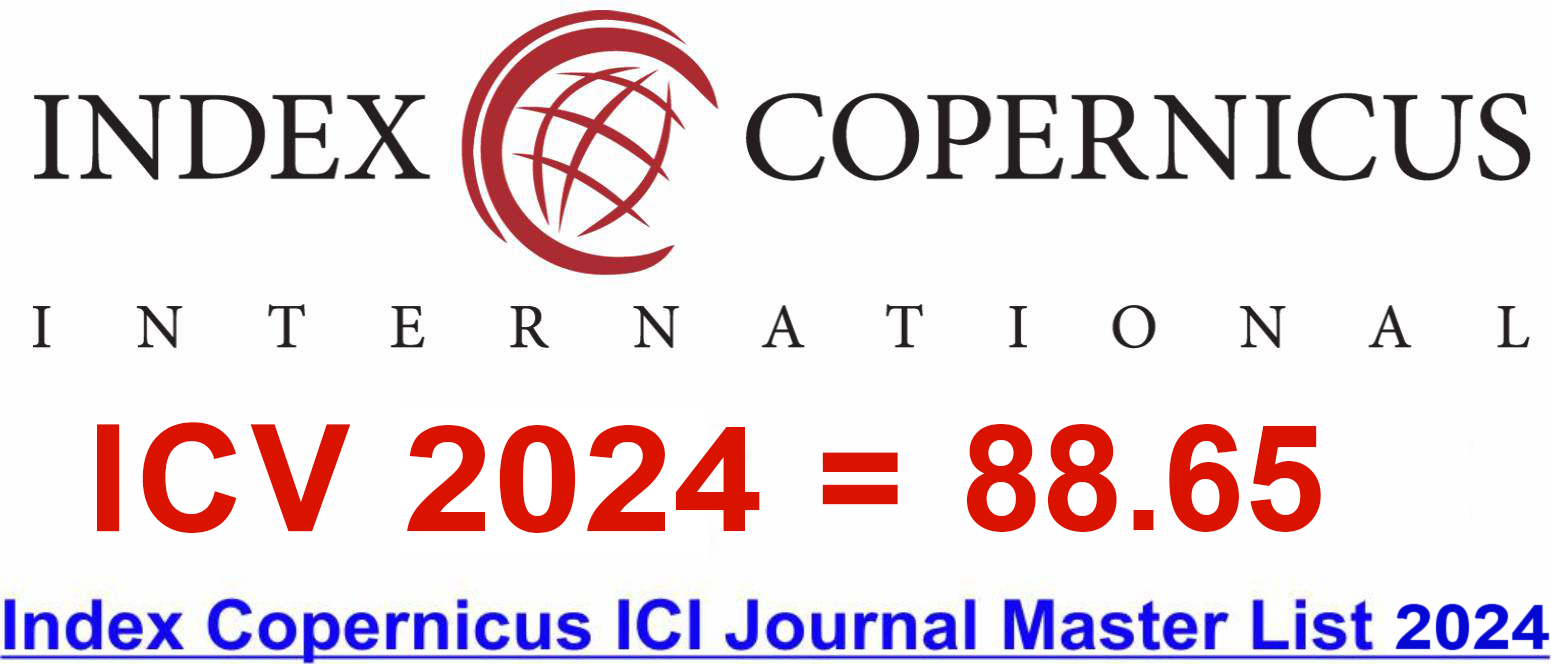Abstract
This article explores the integration of cybernetic principles and informatics in shaping decentralised decision-making mechanisms in global trade logistics. In an era marked by increasing complexity, supply chain disruptions, and rapidly evolving technological landscapes, traditional centralised logistics systems often struggle to adapt efficiently. To address these challenges, the study emphasises systemic adaptability, autonomous feedback control, and digital governance as foundational components for the future of trade logistics. It introduces a cyber-informatic framework that leverages real-time data processing, self-regulating algorithms, and networked decision nodes to enhance the resilience, transparency, and efficiency of trade operations across borders. Drawing from comparative analyses of centralised versus decentralised logistics models, the paper demonstrates that distributed control systems – rooted in cybernetic theory – can more effectively respond to external shocks, reduce latency in decision-making, and enable more flexible resource allocation. Case studies from sectors such as maritime shipping, smart warehousing, and cross-border e-commerce illustrate the practical advantages of cyber-informatic architectures in mitigating risks and maintaining operational continuity under uncertainty. Furthermore, the framework supports the transition toward digital trade governance by aligning with emerging global standards for data interoperability, autonomous compliance, and AI-assisted policy execution. The study offers theoretical and applied insights for policymakers, technologists, and supply chain managers seeking to modernise logistics infrastructure while navigating an increasingly decentralised and digitised global economy. By advancing a cyber-informatics approach to logistics, it contributes to the evolving discourse on sustainable, adaptive, and intelligent trade systems.
References
- Mirzayev N. COVID-19 pandemic and innovative agrarian economy. Ukrainian Black Sea Region Agrarian Science. 2021;25(2):104-109. https://doi.org/10.31521/2313-092X/2021-2(110)-13
- Ivanov D. Supply chain viability and the COVID-19 pandemic: a conceptual and formal generalisation of four major adaptation strategies. International Journal of Production Research. 2021 Jun 18;59(12):3535-52. https://doi.org/10.1080/00207543.2021.1890852
- Ashby WR. An introduction to cybernetics. London: Chapman & Hall; 1957.
- Wiener N. Cybernetics or Control and Communication in the Animal and the Machine. MIT press; 2019 Oct 8.
- Gubbi J, Buyya R, Marusic S, Palaniswami M. Internet of Things (IoT): A vision, architectural elements, and future directions. Future generation computer systems. 2013 Sep 1;29(7):1645-60. https://doi.org/10.1016/j.future.2013.01.010
- Sreelatha G, Atmakuri R. Role of ICT and Multi-Disciplinary Approaches to Enhance Quality Education in India to Implicate Business Creations. International Journal of Advances in Business and Management Research (IJABMR). 2024 Sep 12;2(1):1-8. https://doi.org/10.62674/ijabmr.2024.v2i01.001
- Delen D, Demirkan H. Data, information and analytics as services. Decision support systems. 2013 Apr 1;55(1):359-63. https://doi.org/10.1016/j.dss.2012.05.044
- Iansiti M, Lakhani KR. Competing in the age of AI: Strategy and leadership when algorithms and networks run the world. Harvard Business Press; 2020 Jan 7. Retrieved from: https://www.amazon.com/Competing-Age-AI-Leadership-Algorithms/dp/1633697622
- Kouhizadeh M, Saberi S, Sarkis J. Blockchain technology and the sustainable supply chain: Theoretically exploring adoption barriers. International journal of production economics. 2021 Jan 1;231:107831. https://doi.org/10.1016/j.ijpe.2020.107831
- Zhang X, Sun P, Xu J, Wang X, Yu J, Zhao Z, Dong Y. Blockchain-based safety management system for the grain supply chain. Ieee Access. 2020 Feb 20;8:36398-410. https://doi.org/10.1109/ACCESS.2020.2975415
- Ghosh A, Fedorowicz J. The role of trust in supply chain governance. Business process management journal. 2008 Jul 25;14(4):453-70. http://dx.doi.org/10.1108/14637150810888019
- Balfaqih H. Artificial intelligence and smart logistics systems in Industry 4.0. In: Proceedings of the International Conference on Industrial Engineering and Operations Management; 2023 Mar 7–9; Manila, Philippines. Retrieved from: https://ieomsociety.org/proceedings/2023manila/223.pdf
- Van Dyke Parunak H, Baker AD, Clark SJ. The AARIA agent architecture: From manufacturing requirements to agent-based system design. Integrated Computer-Aided Engineering. 2001 Feb;8(1):45-58. https://doi.org/10.3233/ICA-2001-8104
- Christopher M. Logistics and supply chain management. 5th ed. Pearson UK; 2022 Nov 28.
- Bateman T, Snell S. Management: leading & collaborating in the competitive world. 8th ed. McGraw-Hill Education; 2008 Feb 16.
- Sterman JD. Systems thinking and modeling for a complex world. Management. 2000;6(1):7-17.
- Almasov N, Orujov E. Organizational and Economic Aspects of Mountain Tourism Management. InBIO Web of Conferences 2025 (Vol. 151, p. 03015). EDP Sciences. https://doi.org/10.1051/bioconf/202515103015
- Sokolov B, Ivanov D. Integrated scheduling of material flows and information services in industry 4.0 supply networks. IFAC-PapersOnLine. 2015 Jan 1;48(3):1533-8. https://doi.org/10.1016/j.ifacol.2015.06.304
- Lee HL. The triple-A supply chain. Harvard Business Review. 2004 Oct 1;82(10):102-13.
- Schuster EW, Brock DL, Allen SJ. Global RFID: the value of the EPCglobal network for supply chain management. Berlin, Heidelberg: Springer Berlin Heidelberg; 2007 Jan 1. http://dx.doi.org/10.1007/978-3-540-35655-4
- Chakraborty S. A Study on Hybrid Recommender Systems for Effective Targeted Marketing in E-Commerce Platforms. International Journal of Advances in Business and Management Research (IJABMR). 2025 Jun 12;2(4):54-64. https://doi.org/10.62674/ijabmr.2025.v2i04.006















